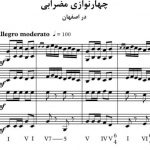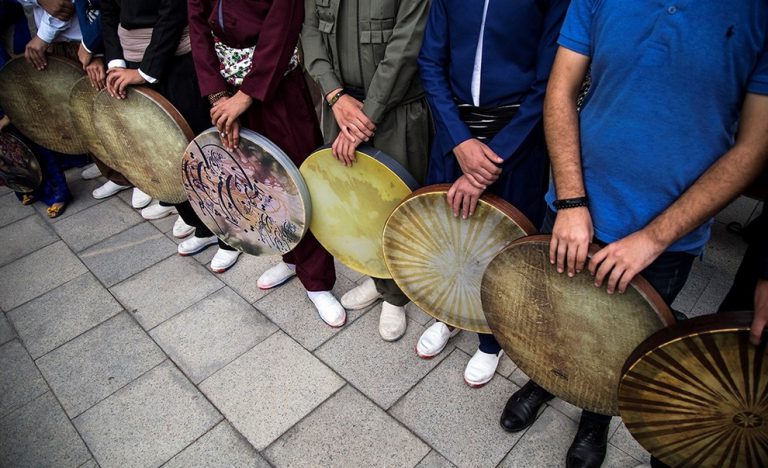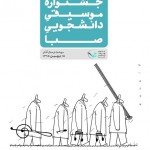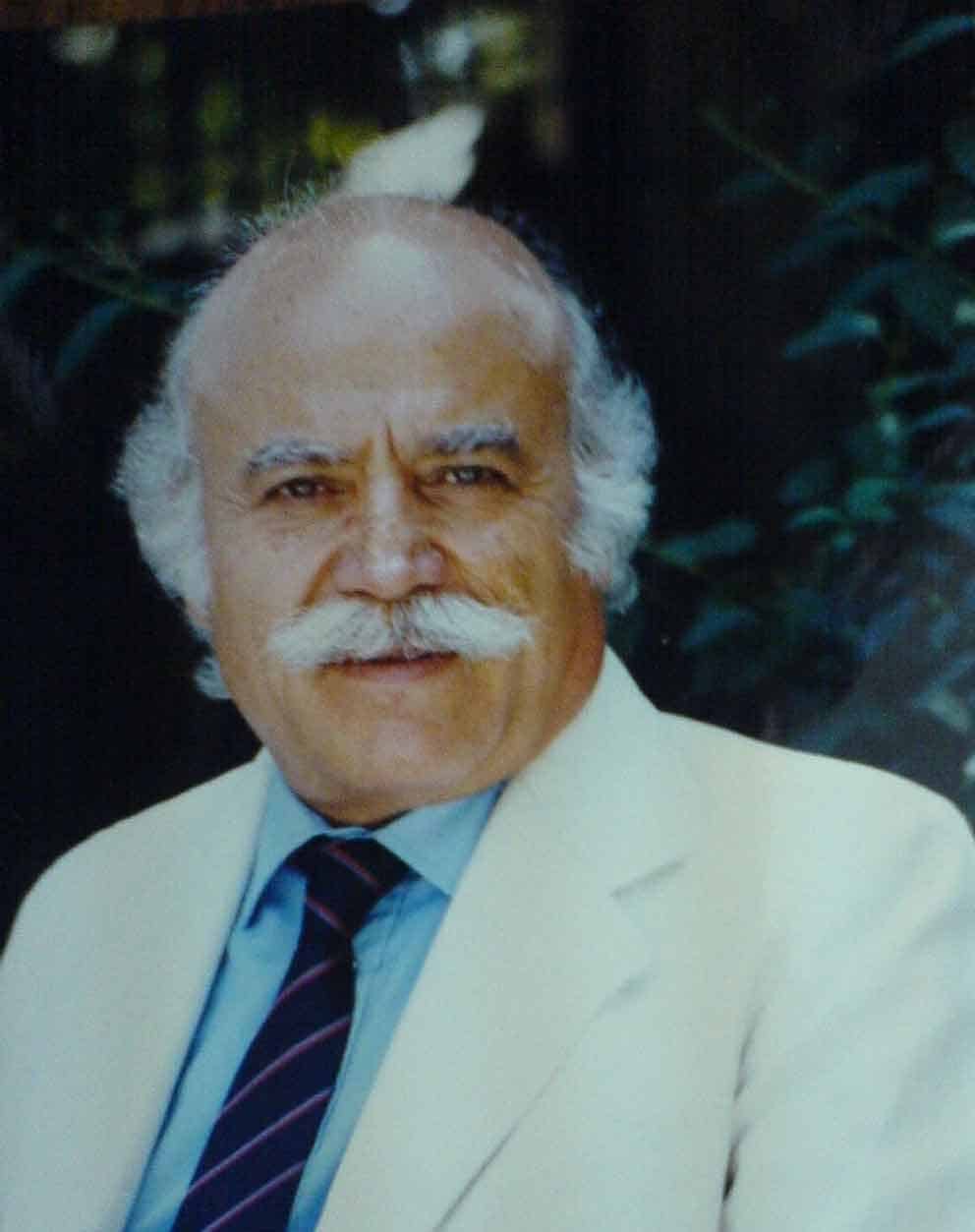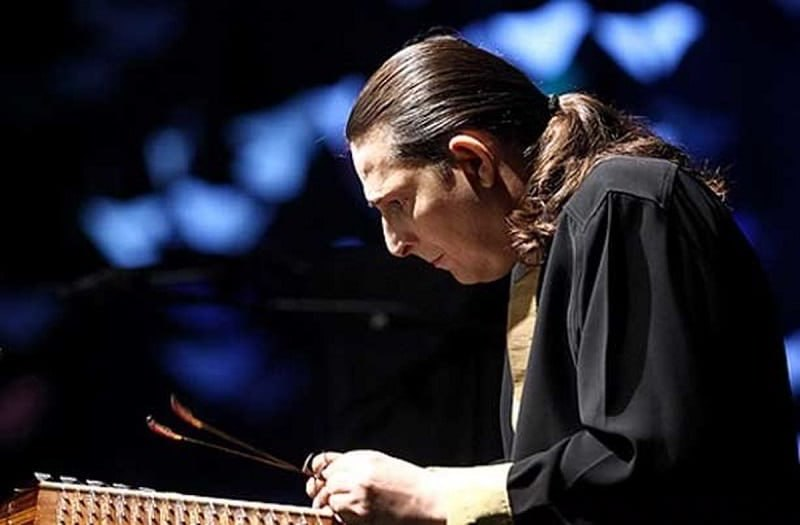
This entry was written by Ali Farahani
I still think of those fish in a crystal bowl for the Haft sin table and those disappointed old men who went out to sell blackfish.
This subtlety and great imagination become the basis of the work “The Fish for the New Year” A clear music with clear expression.
“The Sea” was released in the late 1980s and then “The Fish for the New Year” promised a musician with a different approach than the path of the past, using techniques and songs of Iranian music and Kurdish folk music. This music brought a fundamental change in contemporary Iranian music, and also especially in Santour playing contemporary style.
“Ardavan Kamkar” was born in July 1968 in Sanandaj to a family of culture, and art. He started Santour playing when he was four years old. He studied Santour with his father, Hassan Kamkar, and he immigrated with his family to Tehran in 1980. In his youth, he presented the Santour Concertino with his brother Houshang Kamkar, on the album “In the Highest of Dawn”
The Sea was composed before 1985 and then he performed in 1990 in Vahdat Concert Hall and then was released to the music market.
“The Fish for the New Year”, which was released in 2005.
He had some combinations with other composers such as a Santour player in the album “Night, Silence and Desert” by Kayhan Kalhor and “Mandir” Album composed by Mohammad Ali Kianinejad, Touraj Mansouri’s “Iranian Landscape” Soundtrack and Santuri movie directed by Daryoush Mehrjouei and some other soundtracks are among his works. The music of this movie had a profound effect on the popularization and widespread popularity of the Santoor instrument and even in the field of instrumentation and construction of the Santour, which made this instrument penetrate into the cultural depths of society.
The book Notes of Santuri film was published in 2023.
Album of “Diamond Fine Grains” in 2013 Enjoying and looking at local Baluchi and Afghan themes The publication of Ardavan Kamkar’s Pieces Collection in 2015 ended the years of waiting for enthusiasts to play the modern Santour style ،a specialized book with a new outlook on the techniques of playing Santoor has increased the sound and play of the Santour.
In recent years, music has always seemed to be remarkably backward compared to poetry and literature, and perhaps one of the reasons for this is the lack of new and knowledgeable personalities of today, looking at distant horizons who have realized the necessity of newness and from opposition, and blaming old retrogressive thoughts.
Fearless and fearful of those who do not fear Evolution and innovation are urgent necessities and necessities in the arts that in each period should communicate with its audience at the same time Ardavan Kamkar is a remarkable and avant-garde figure such as Nima in contemporary poetry, Mohammad Ali Jamalzadeh in literature and short stories, and Alinaghi Vaziri, who is considered one of the pioneers of reform in Iranian music and Santour players.
The use of unconventional tuning and scales how derived from Western music knowledge along with familiar themes and themes, parallel movements of the right and left hand. Rapid execution of notes with the preservation of the clarity of the melody of the pieces in both hands and equal abilities of the right and left hands is one of the characteristics of his playing.
He has created a new path of playing the Santoor of contemporary times through a new transformation in Persian music and imaginary, magical and very audacious music.
A new expression mixed with analysis and clear emotion has attracted many listeners and enthusiasts
In Iranian music, and today it is still fresh after thirty years and its green buds have grown to become a great
Tree in Iranian music.

